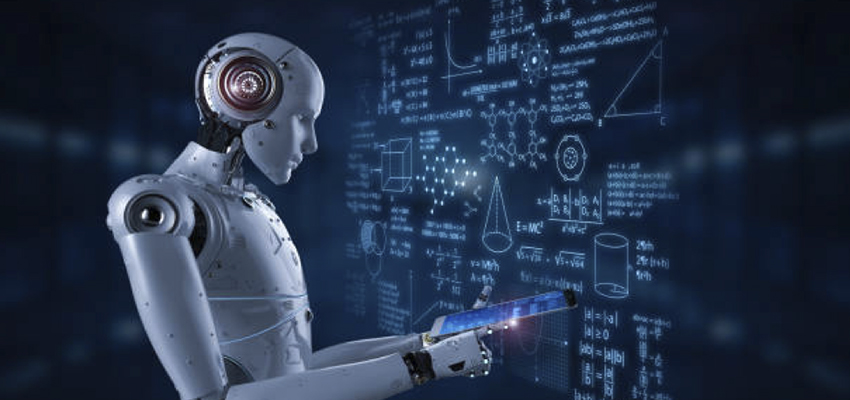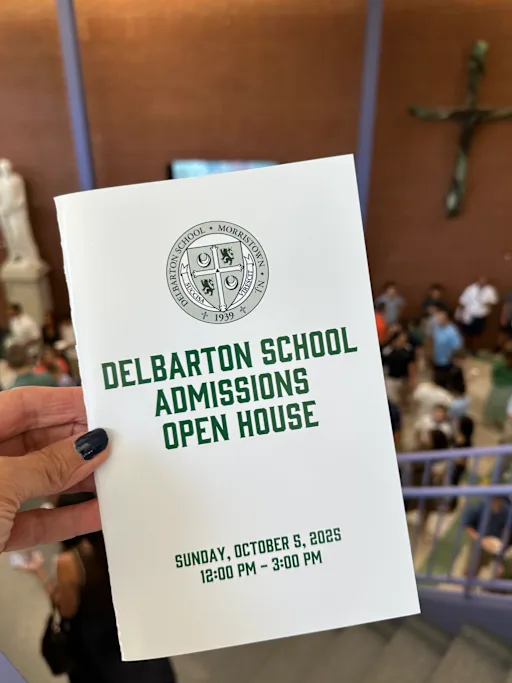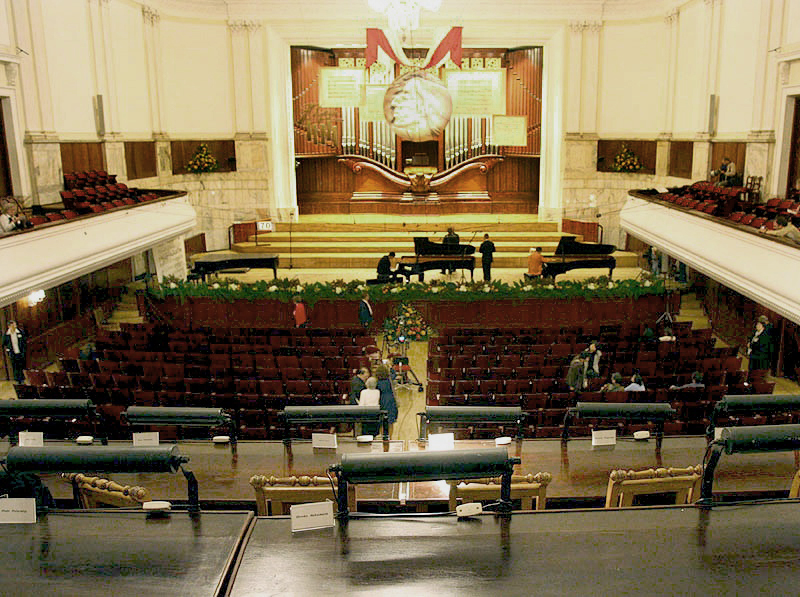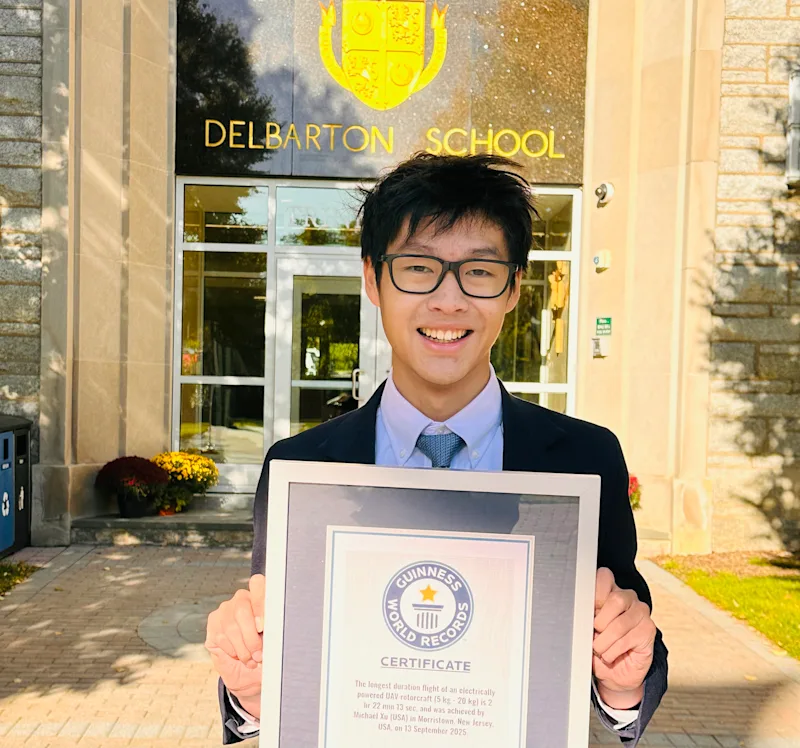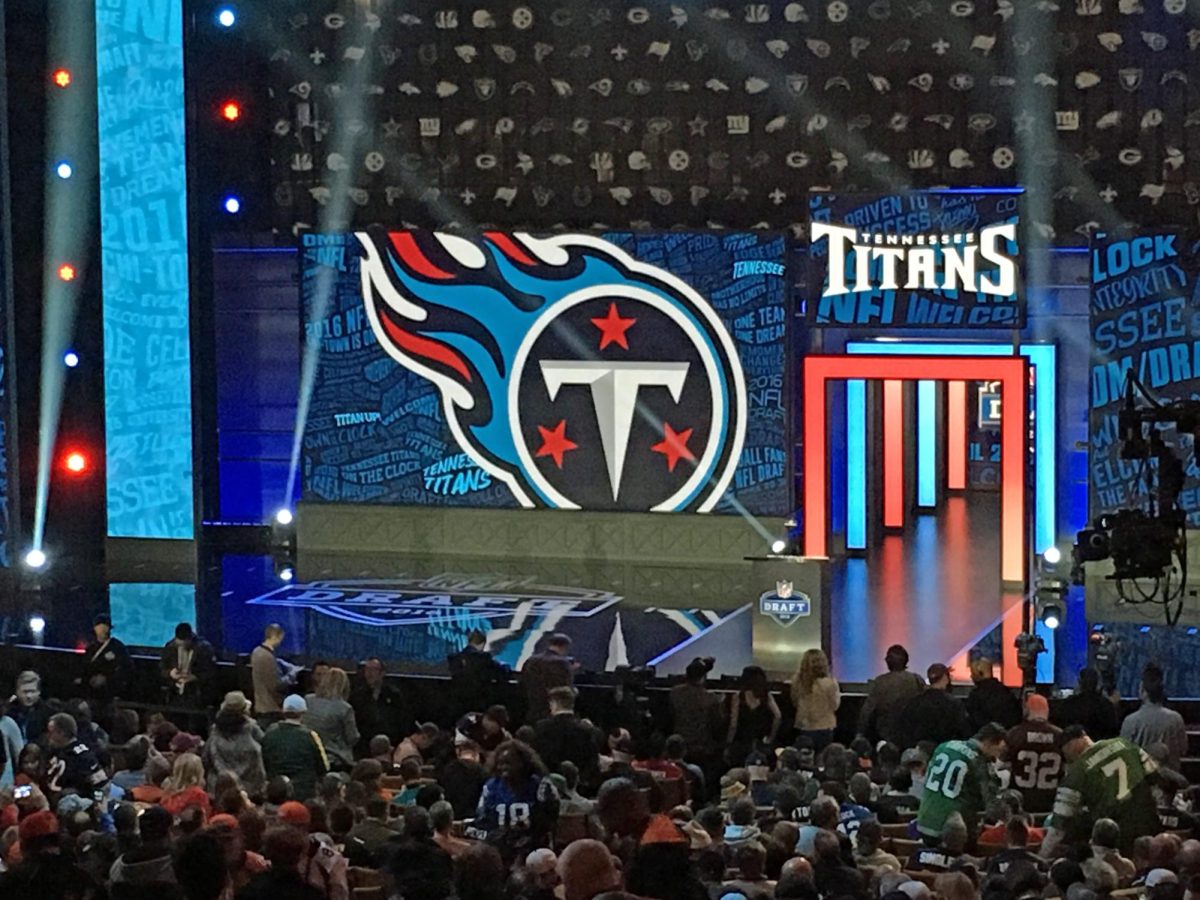The Creator, a sci-fi film directed by Gareth Edwards, is a story about a future conflict between humans and Artificial Intelligence. The main character is an ex-special forces soldier named Joshua, played by John David Washington, who is recruited by the United States to hunt down “the creator”, an artificial architect who creates new, AI robots. Even though Joshua no longer cares about the fight, he joins for the opportunity to reunite with his lost wife Maya, who army intelligence believes is the daughter of The Creator. Joshua and his team travel to New Asia, a nation in Southeast Asia which harbors AI, in order to destroy AI’s secret weapon called “Alpha-O”. Joshua makes it to the site of the weapon, only to find that it is an AI robotic child. This occurrence leads him on a journey which changes Joshua’s preconceived notions about the war against AI.
This movie was great for two major reasons. First, the visuals are stunning. While sci-fi movies historically are subject to bad shooting, Edwards spares no expense in making sure the audience can fully appreciate the world which he has created. From the N.O.M.A.D. space station to the nuclear wasteland of Los Angeles, the viewer can fully appreciate the scene as if they were really there.
Second, the script takes time to flesh out the relationship between Joshua and Alpha-O (whom Joshua calls Alphie and others call “The Weapon”) results in two great character arcs. Joshua begins the story depressed and hateful, as he lost his wife, Maya, and lost faith in the United States who he blames for separating him from his wife. Joshua does not believe that AI are real, as is shown when he tries to convince Maya to come with him, saying, “They are not real, this between us is real.”
Furthermore, as a soldier, he sees the AI as a formidable threat. However, as Joshua gets to know Alphie, he realizes that AI feel the same as humans do, and they do not want to harm humans, rather they want to peacefully coexist with them. The turning point of the film occurs when Joshua realizes that Alphie is the robotic recreation of Maya and his child, and that he now has the opportunity to be a selfless person as a father to Alphie, because he was not as Maya’s husband. In the end, Joshua sacrifices himself to save Alphie, showing how much his character developed.
The plot takes a backseat to the film’s visuals and character development. For example, the final act was very short and felt rushed as a result. This was facilitated by the fact that Alphie developed the power to control technology. As a result, events in the final act seemed to go unrealistically well. If I were the director, I would ask for extra time, as the story explored too much for a fast-paced two-hour and fifteen minute film. At this run-time, Edwards would be able to explore all the world-building facets that worked while still being able to piece together a satisfying conclusion.
Despite my high opinion of The Creator, it can not be disputed that it bombed at the box office. The movie debuted with a paltry $14.1 million on opening weekend, which placed it third at the box office for that weekend. The movie accumulated a world-wide total of $90.4 million, just barely covering its $80 million budget. This poor financial performance can be attributed to a lack of actors who are household names, as well as it debuting at a time of societal issues regarding AI’s place in everyday life.
Critic reviews run contrary to the box office performance as many found the plot intriguing and the visual effects stunning. Maggie Lovitt of Collider wrote that, “The script might have glaring flaws and painfully ambiguous morals, but The Creator is a truly remarkable piece of original science fiction storytelling.” Peter Bradshaw of The Guardian wrote, “intriguing, stimulating, exhilarating movie, which really does address – with both head and heart – the great issue of our age, AI.” I thoroughly enjoyed my time watching The Creator, and would recommend it to anyone who wants a sci-fi movie with great visuals, dynamic characters, and a theme discussing problems prevalent to today.
